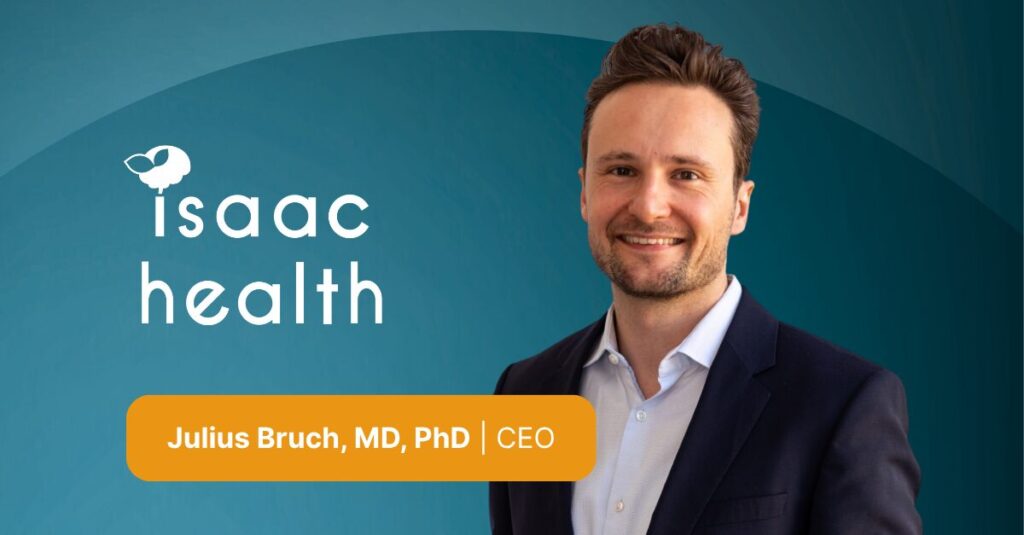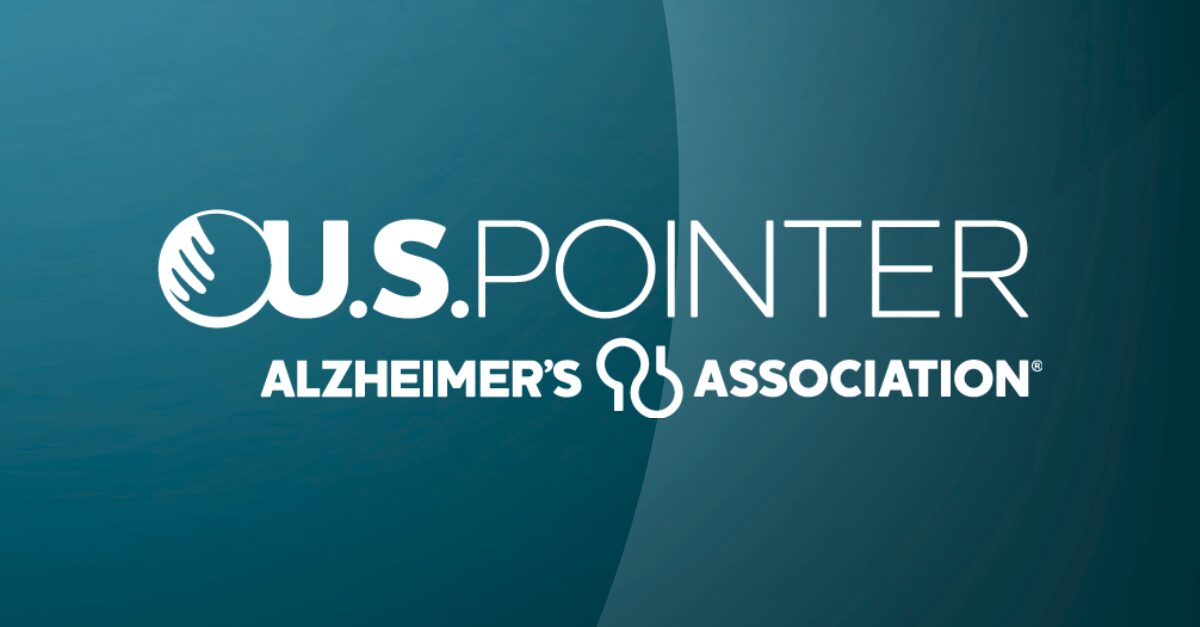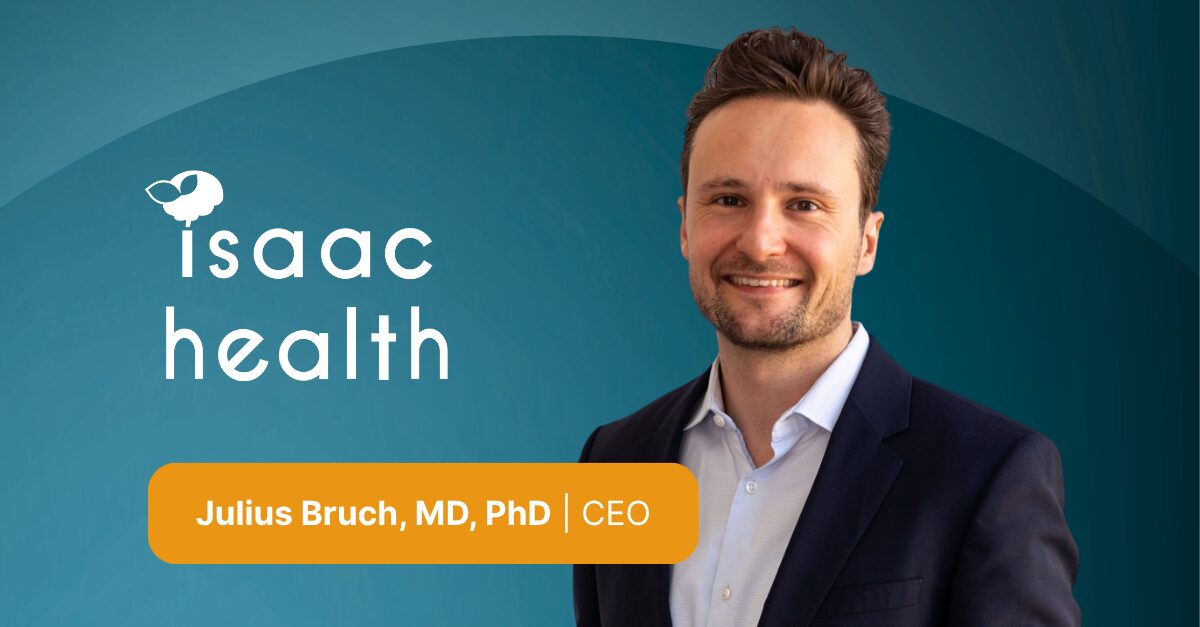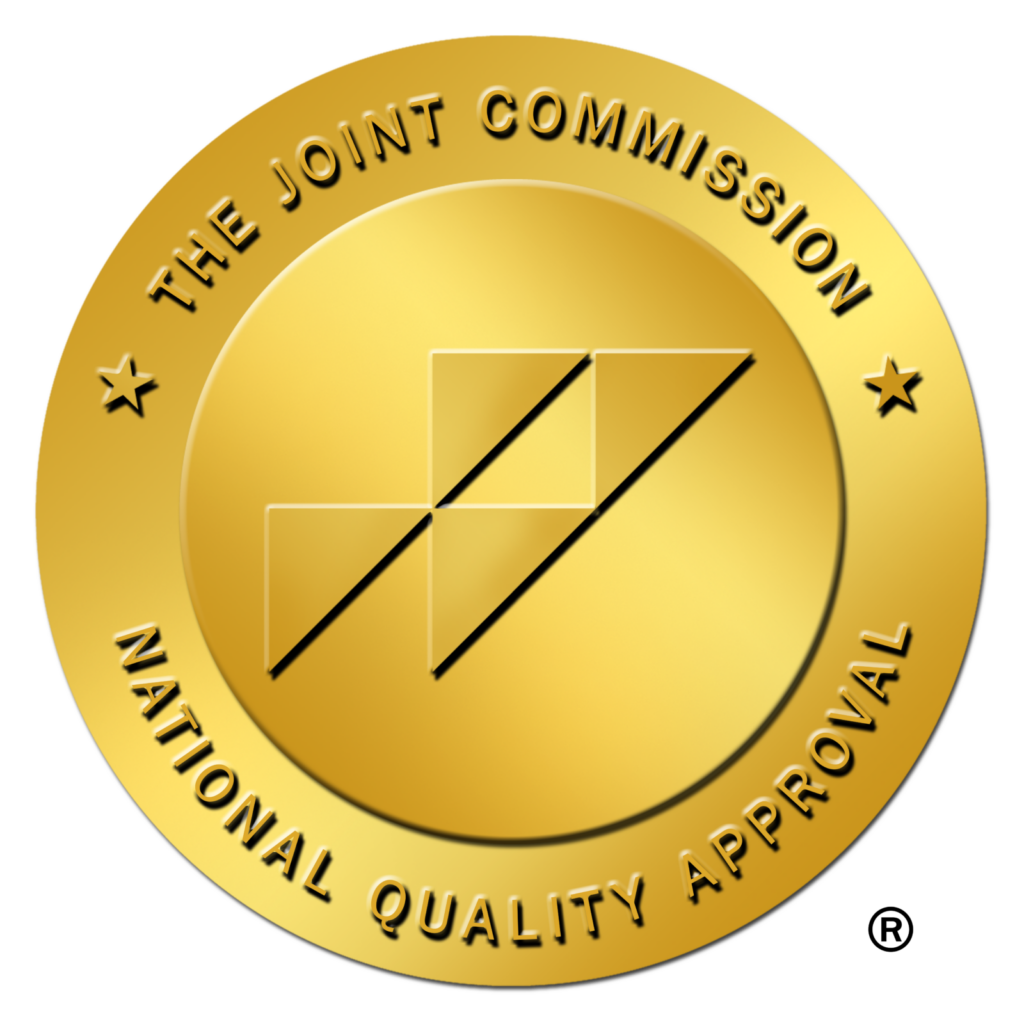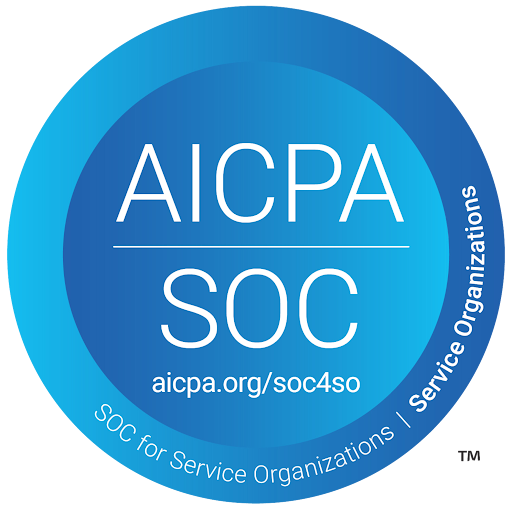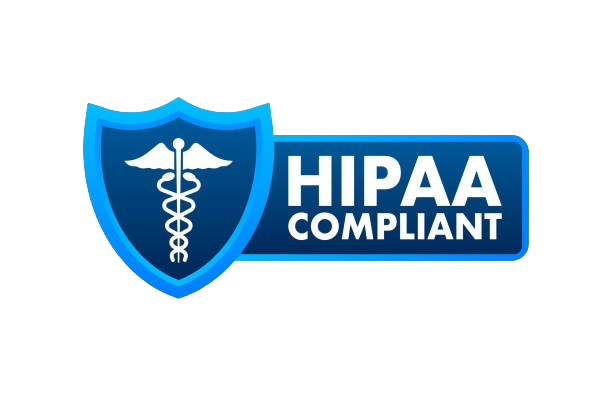By Julius Bruch, MD, PhD
When CMS launched the Guiding an Improved Dementia Experience (GUIDE) Model in July 2024, it marked a pivotal shift in how we approach dementia care in the U.S. GUIDE not only offered a national framework for dementia care management, but formally brought family caregivers into the fold, recognizing the often overlooked role they play in the care of their loved ones.
As Adam Healy and Liza Berger write in McKnights Home Care, “If there has been one singular public policy change in recent years that formally acknowledges family caregivers as part of the caregiving ecosystem, it is on the Medicare side [through GUIDE].” For the first time through GUIDE, Medicare is not only funding dementia-specific care coordination, but also covering in-home respite care (allowing unpaid caregivers to take a break from the 24/7 responsibility of caring for a loved one with dementia). It is a long-overdue acknowledgment of the emotional, physical, and financial strain caregivers carry, as well as an investment in their overall well-being.
Bringing GUIDE to life at Isaac Health
At Isaac Health, we’re proud to have been selected as a GUIDE Model participant from the start in July 2024. As a virtual brain health and dementia clinic that offers GUIDE to eligible participants, we’ve been at the forefront of providing expert care that meets people where they are. Over the past year, we’ve deployed the GUIDE Model across the country through partnerships with ACOs, home care agencies, and senior living organizations, and the results have been nothing short of remarkable.
Patients and caregivers enrolled in our program are able to see a dementia specialist within days — compared to the national average wait time of 36 months. Getting earlier access to care is just the beginning of the care journey. Through GUIDE, our patients and their families receive comprehensive care planning, ongoing care management, caregiver support services, and a 24/7 support line.
Across the complex care journey, each patient and caregiver is assigned a dedicated care navigator who becomes their point person and helps coordinate medical and behavioral health services. Care navigators are also responsible for ensuring that caregivers are connected to the right resources at the right time.
As one caregiver enrolled in our GUIDE Model program shared with us, “Caring for a spouse diagnosed with this disease was difficult doing it alone. Before Isaac Health, my life was all over the place and trying to manage services for my husband was taxing. It was difficult trying to manage the different appointments and keep track of the multiple things going on with his diagnosis and life. I felt like a ‘lost soul’ before Isaac.”
Patients enrolled in Isaac Health’s care program have also demonstrated a 38% reduction in ED visits and a 28% reduction in hospital days, underscoring the impact of comprehensive dementia care and support on health outcomes.
A growing crisis — and a roadmap forward
With over 7 million Americans living with dementia today — a number projected to rise to 13 million by 2050 — the U.S. is on the brink of a serious care crisis. Traditional systems of care, built around fragmented services and months-long wait times, are struggling to meet the moment today; based on the current trajectory, they are also ill-equipped to meet future needs of an aging population.
That’s where the GUIDE Model comes in. GUIDE offers a well-coordinated, comprehensive approach to dementia care — a blueprint for what comprehensive dementia care can and should look like. Crucially, it recognizes the invisible workforce behind dementia care: family caregivers. According to the Alzheimer’s Association 2025 Facts and Figures, nearly 12 million Americans provide unpaid care to someone with dementia, a contribution valued at over $413 billion. These care partners assist with everything from personal care (ADLs) to managing behavioral symptoms and coordinating services. But the toll is staggering: 59% report emotional stress as “high or very high,” and 44% experience clinical levels of anxiety—more than any other caregiving group.
This is why GUIDE’s investment in caregiver support services is a much-needed step forward that acknowledges that better outcomes for patients are only possible when we care for the caregivers, too.
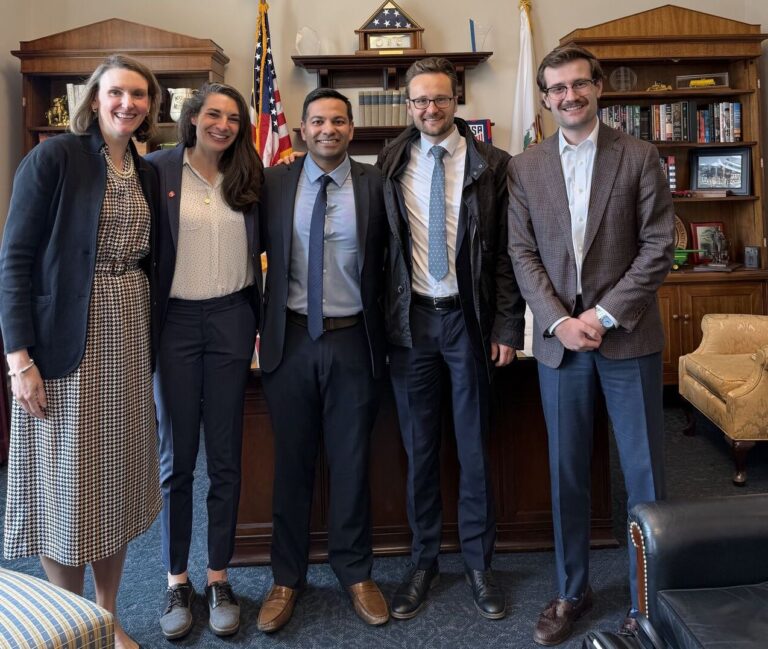
A unified voice on Capitol Hill
Last month, I joined fellow GUIDE providers and advocates as part of the GUIDE Coalition organized by Manatt in Washington, D.C., for a series of meetings as part of a coalition organized to raise awareness about the program’s impact. We met with various members of Congress and their staff to share data, hear feedback, and discuss how to strengthen the GUIDE Model going forward. It was very reassuring to hear the great level of support the model seems to be getting from both sides of the aisle.
The GUIDE Model marks its first anniversary this month. While the program is still relatively young, its impact is certainly notable. It elevates a model of care that moves us beyond reactive, medical treatment and towards a more proactive, holistic, and person-centered approach. As GUIDE continues over the next seven years, our role as GUIDE providers is clear: build on this momentum and make sure every family impacted by dementia has access to the timely, compassionate care they need and deserve.
This article was also published as a guest column in McKnights Home Care.

